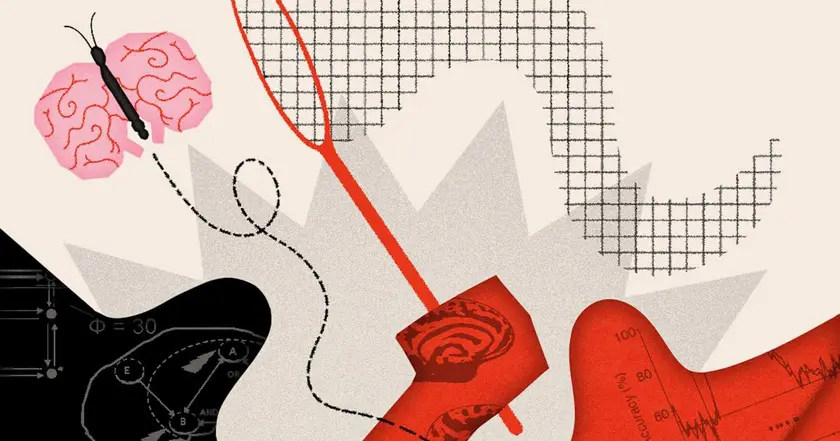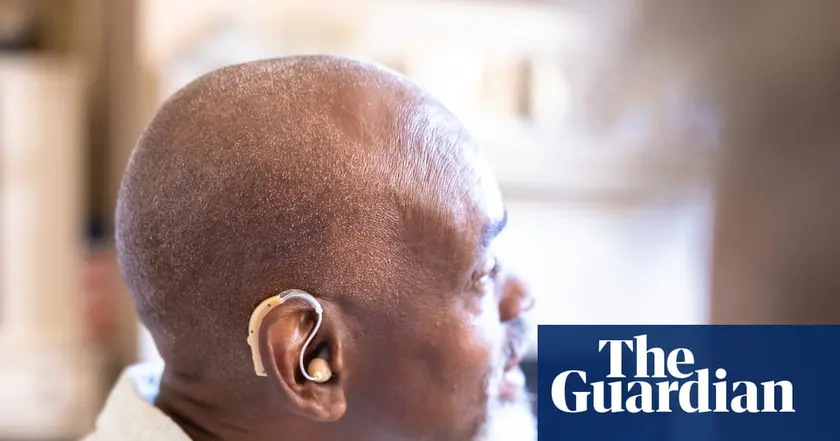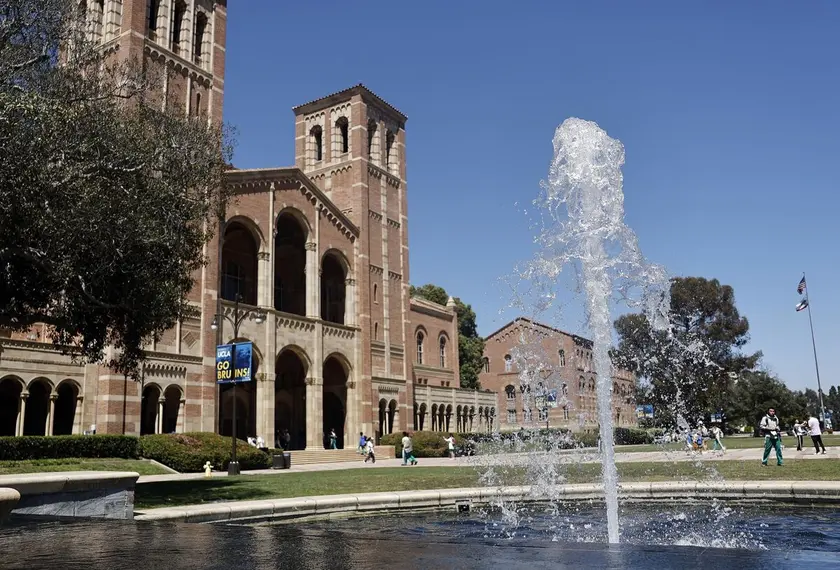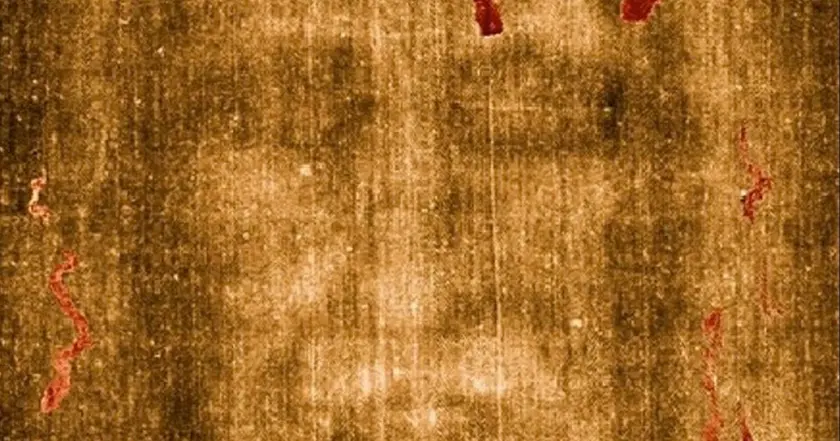T4K3.news
Consciousness research faces funding test and theory renewal
A leading scientist warns that funding shifts and public reaction could slow progress in studying consciousness and its theories.

An editorial analysis of a leading neuroscientist's warning about a potential new consciousness winter and the trajectory of consciousness research.
Consciousness research faces a funding test and a theory renewal
Erik Hoel discusses the idea of a consciousness winter and the rise of formal theories like Integrated Information Theory. He argues IIT stands out as a working theory that can map brain states to experiences, and he notes a shift from purely descriptive debates to precise, testable predictions. The interview tracks the field's history from early thinkers to modern science and explains why some researchers fear a return to silence if funding or public interest falters.
The conversation also covers funding and collaboration. Hoel warns that a loss of funding or a public backlash could slow progress in studying consciousness. He suggests that a few wealthy donors could accelerate progress by supporting young theorists, rather than financing large adversarial projects. The piece ends by asking how science can balance data limits with bold ideas as AI advances.
Key Takeaways
"There is no theory I’m aware of that can actually operate as a theory of consciousness besides IIT."
Hoel argues IIT is uniquely capable of making testable claims about consciousness.
"The working definition of consciousness is your personal stream of experience that begins when you wake up in the morning and vanishes when you enter a deep, dreamless sleep."
Hoel defines consciousness for practical discussion.
"If AI attains general intelligence, I think the median take will be that AI is not conscious, but is intelligent."
Hoel explains public perception of AI and consciousness.
"We need more philosophy from scientists, and more science from philosophers."
Hoel advocates cross-disciplinary learning.
The piece frames a real tension in science between bold theory and the limits of current data and tools. The shift toward precise, testable predictions marks a turning point, powered by researchers trained in math and physics. Yet if funding drifts or public skepticism grows, the field risks a renewed retreat that could slow breakthroughs.
A younger generation is pushing for rigor and falsifiability, while urging collaboration across disciplines. That mix could help consciousness research move from vague debates to concrete, verifiable claims. Still, the path depends on sustained support for risky ideas and clear evaluation of competing theories.
Highlights
- The bottleneck is good ideas not data
- Consciousness is a theory waiting to be tested
- If AI reaches general intelligence the take will be intelligent not conscious
- We need more philosophy from scientists and more science from philosophers
Financial risk could stall consciousness research
Shifts in funding and donor priorities, along with public reaction to controversial topics, could slow progress or trigger a new intellectual winter.
The field may tip toward bold theory or quiet funding gaps depending on how actors invest in ideas.
Enjoyed this? Let your friends know!
Related News

Legionnaires disease cases rise in New York

Nature time helps brain reset

New research links hearing loss to dementia risk

Epstein controversy complicates Trump’s media alliances

Trump seeks payment from UCLA to release federal research funds

EMR eye treatment eyes closer to reality

Shroud blood type debate sparks renewed scrutiny

Antibiotics as fossil fuels spark policy debate
